From a vegetable stall to megamarkets: how Azerbaijani business got established in Russia

The sharp deterioration of relations between Azerbaijan and Russia, caused by the arrests of citizens of both countries, has already led to calls to "kick everyone out" and "take everything away", and on both sides of the border. What risks large and small businesses are facing - in the material of "NI".
A media war is a war, but the morning delivery of goods from the mega-market "Foodcity" to a store in a village near Moscow is on schedule. From a "Lada Kalina" loaded to the roof, they pull out trays with the freshest cherries, strawberries, 40-kilogram bags of new potatoes...
- How are you, Alik? Are they bothering you? - I ask the 40-year-old store owner, hinting at the difficulties of the last few days.
- It's okay, brother. It's been worse...
We became "brothers" about 15 years ago, when Alik and his relative opened their first tent in our village. All this time, his business was growing little by little, increasing its assortment, number of employees and retail space. And what is characteristic: Alik was never a monopolist in our village. Every now and then, Russian, Uzbek, Dagestani competitors opened... But for some reason, they did not work for long.
Even three chain supermarkets that opened in the neighborhood were unable to beat Alik's business. Neither the expensive Miratorg nor the budget Dixy and Verny were able to take away customers from the Azerbaijani store. And this despite the fact that the prices are definitely high, and the discounts are exclusively personal.
Daily deliveries of vegetables and fruits guarantee the quality of the goods. Photo: newizv.ru
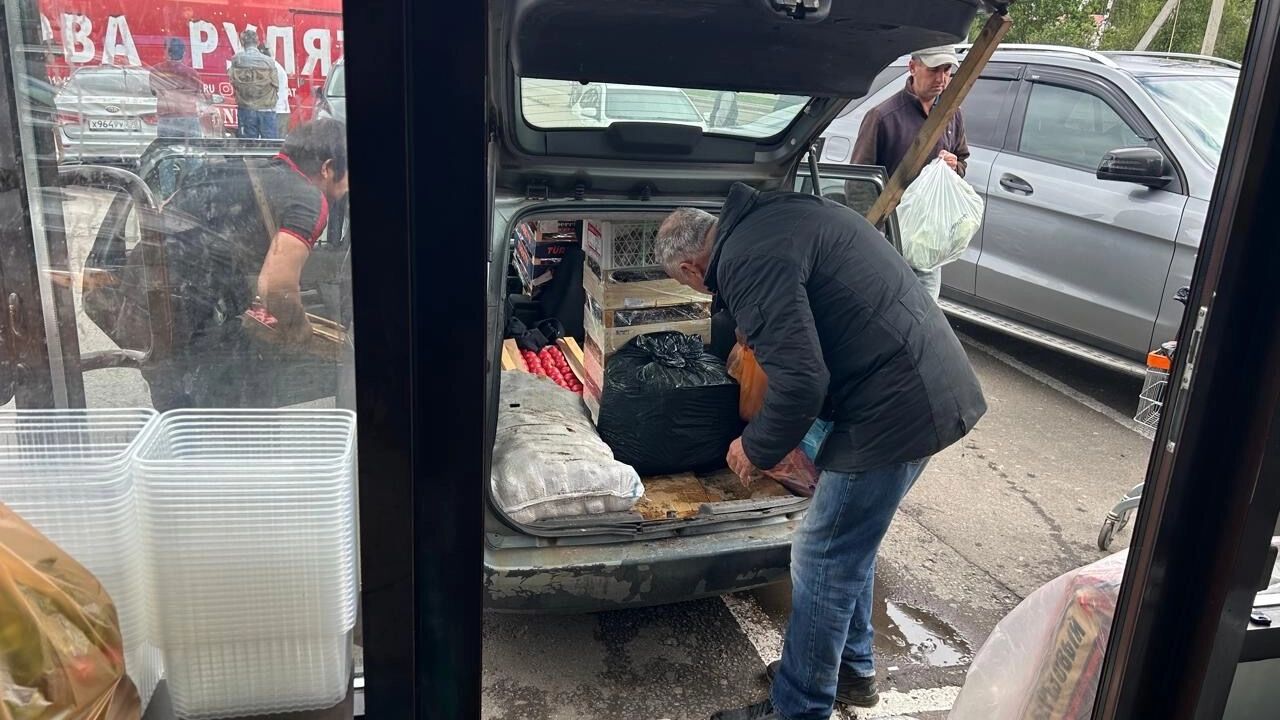
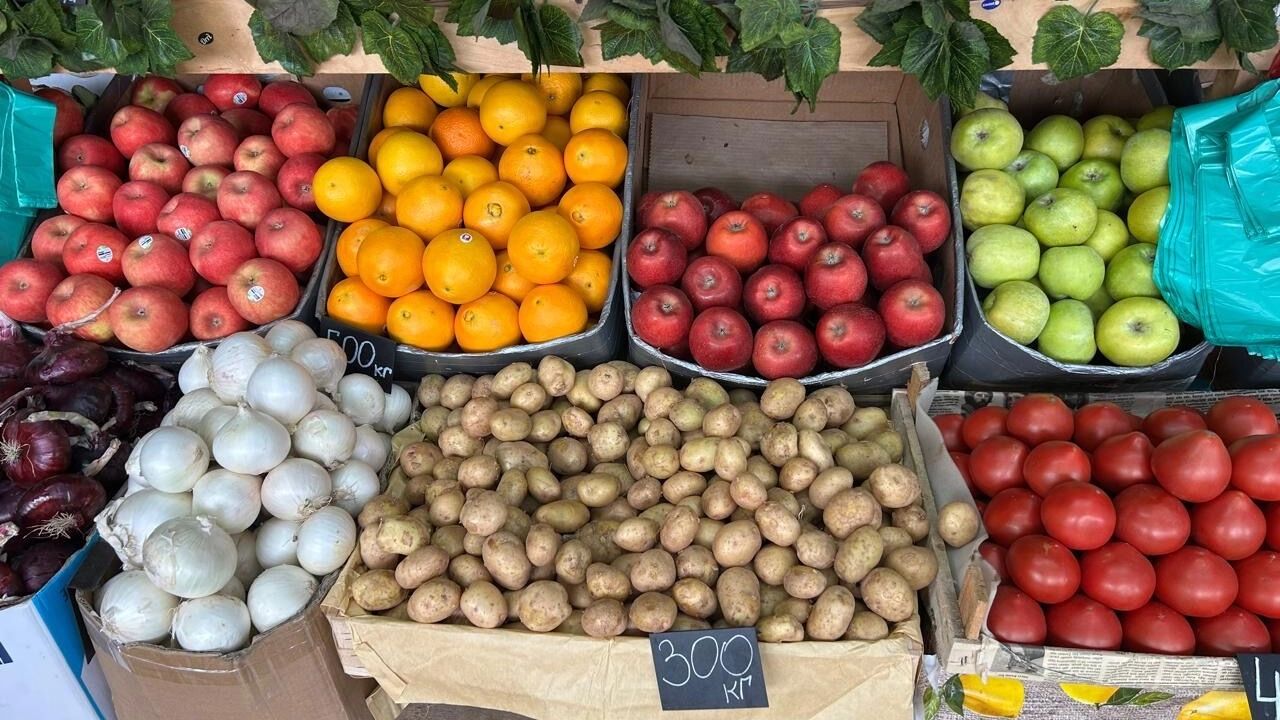
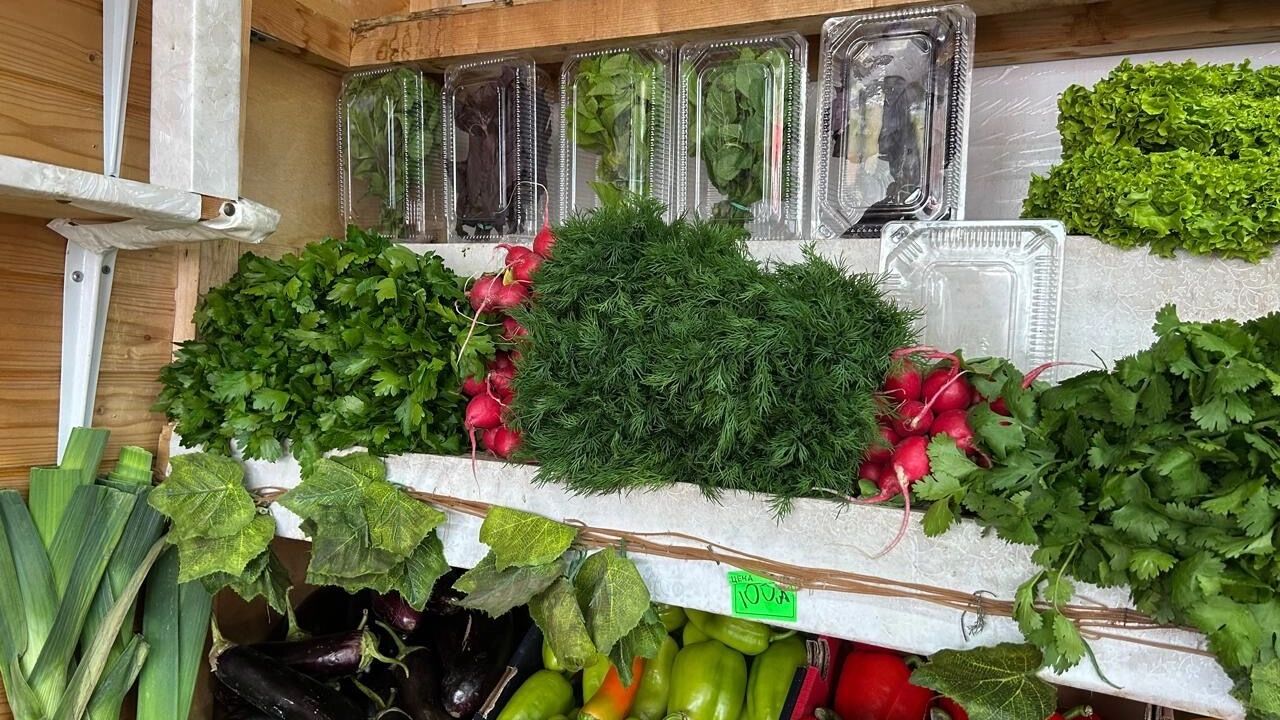
Why is the dill of the "networkers" odorless and, as a rule, already withered? Why are the oranges wrinkled, the cherries not sweet, and the cucumbers generally tasteless, while the quality of the goods of the Azerbaijanis is always OK?
Moreover, Alik and his comrades will also give useful advice to long-time and regular customers. For example, don’t take these apricots if you don’t plan to eat them today. Or come for lightly salted salmon tomorrow when another Alik will salt it tonight. And, of course, if you don’t have money now, you can pay whenever it’s convenient for you. Didn’t like the taste of the product? We’ll replace it or refund your money! Did you pick up too much? Then we’ll carry it to the car and wish you a safe journey…
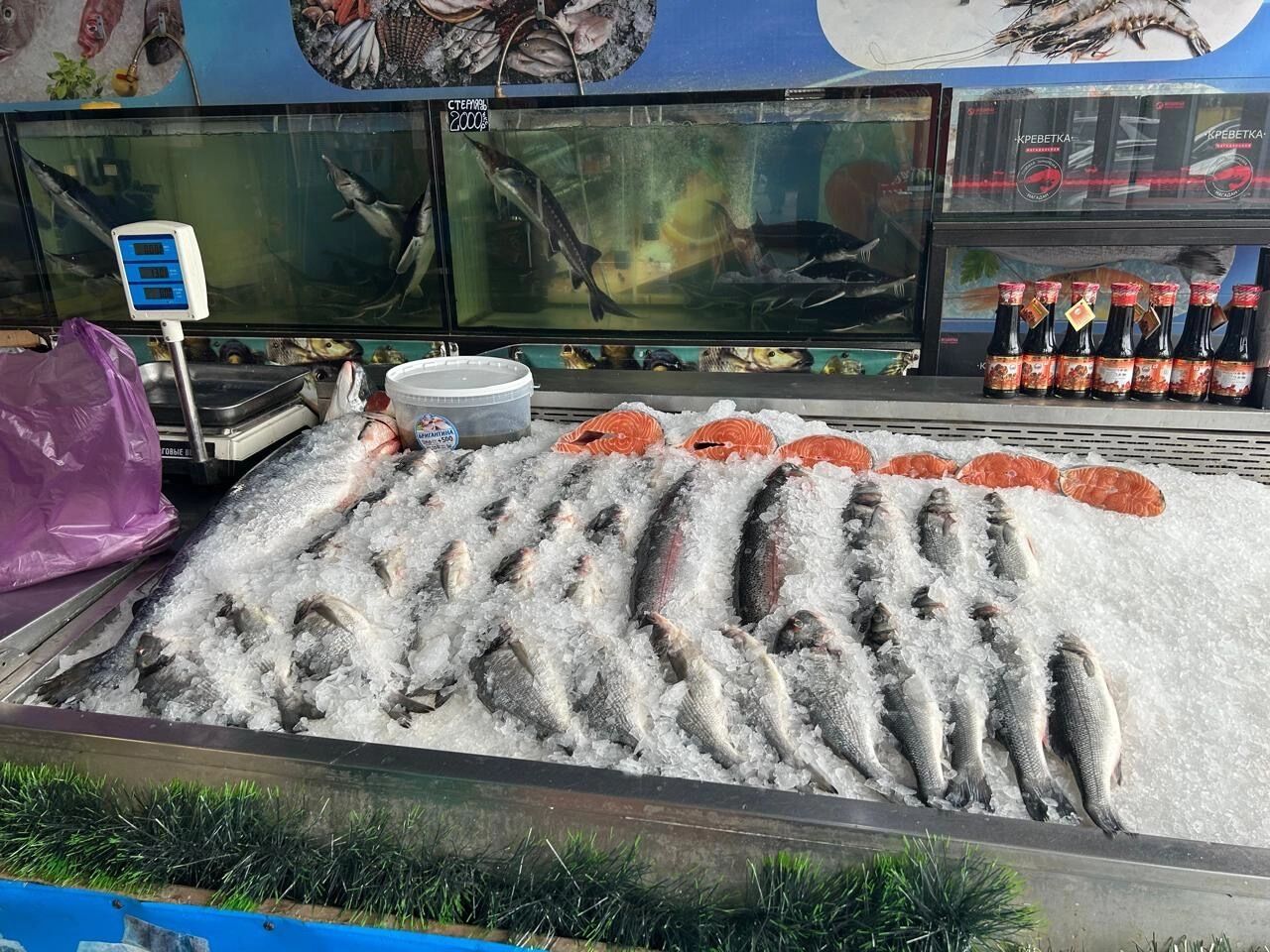
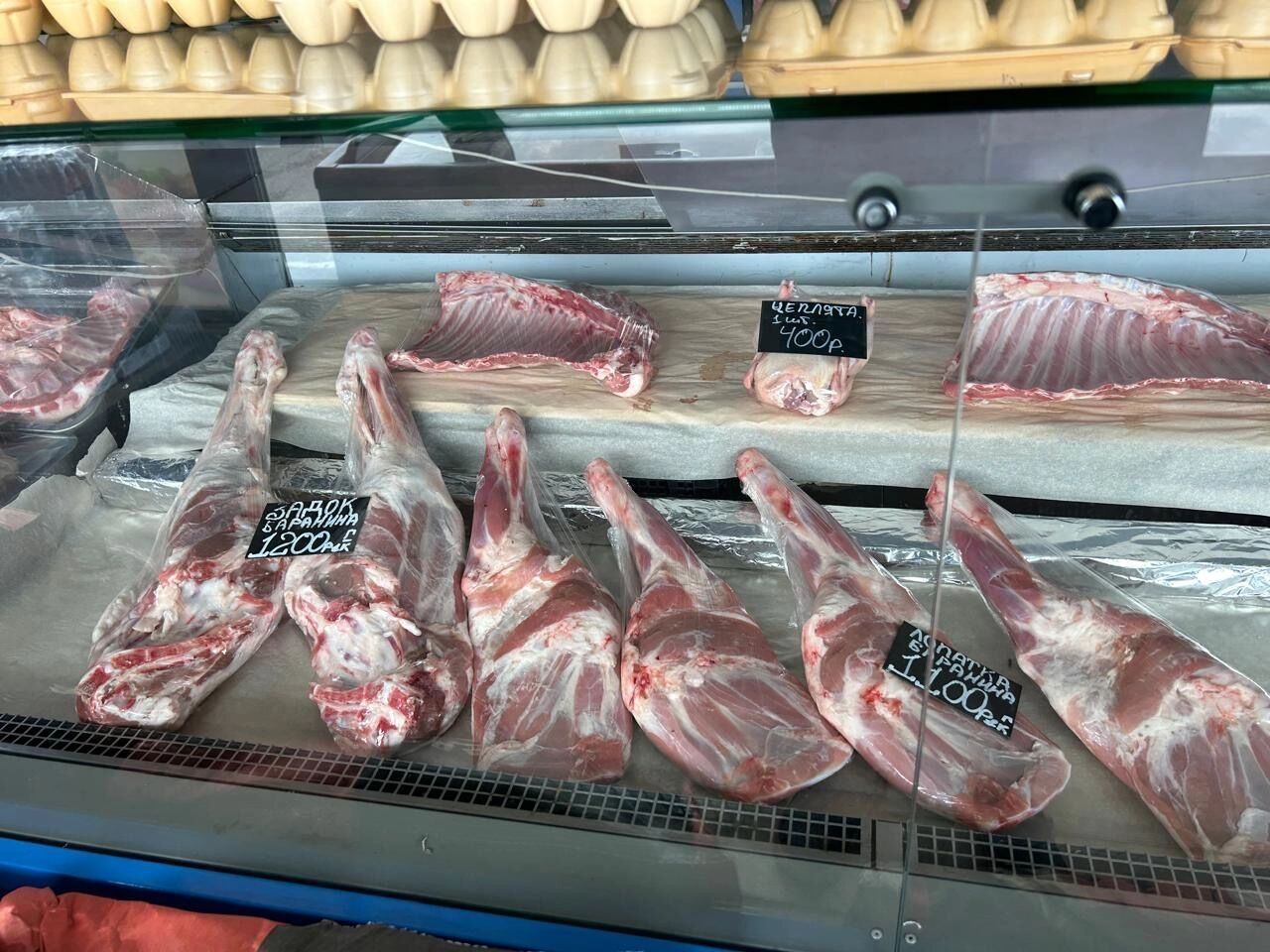
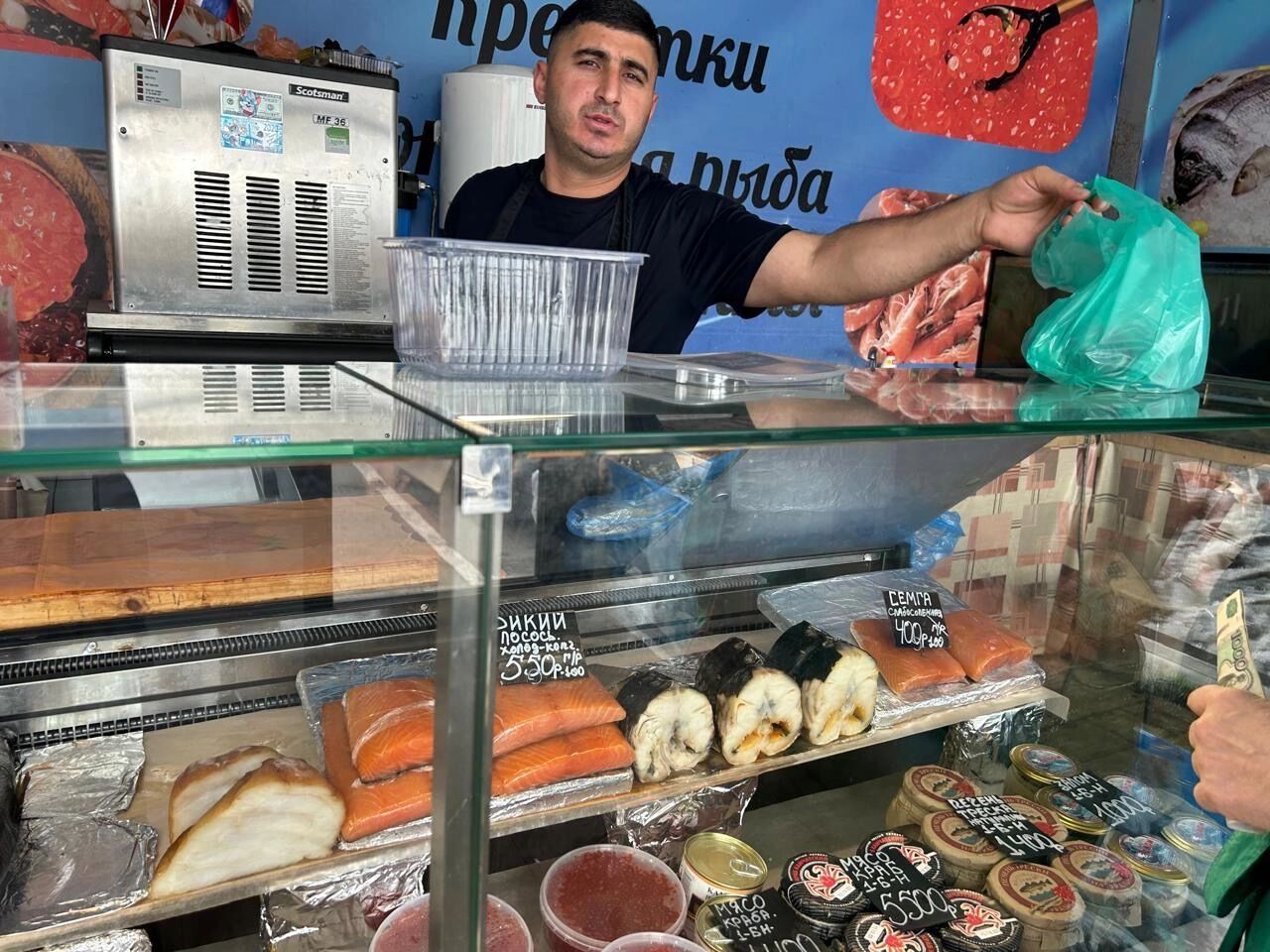
Knowledge of Russian, politeness and a smile, which you will never achieve in chain stores, are secured by the organization of the business, which is essentially a family enterprise. All ten employees of the store are relatives and come from the same village in Azerbaijan. And this fact facilitates the relocation of new and young employees. Senior comrades provide housing in Russia, legalization and protection from raids by security forces. In return, you work, not counting hours and weekends, because the store is open daily from 9 am until the last customer. This is a competitive advantage, which cannot be provided by hiring strangers working according to the norms of the Russian Labor Code.
However, there is nothing unusual in this scheme. This is how hundreds of thousands of Chinese and Koreans settle in the USA, where new immigrants are “pulled into society” by the Eastern diasporas. At the same time, living conditions for newcomers can be very, very harsh. 30 years ago, the author of these lines saw with his own eyes Koreans in a Washington printing house who, working 16 hours a day without days off, literally slept under the printing machines.
True, few people care about the living conditions of migrants from Azerbaijan, and they themselves do not complain. But in the public consciousness there is a myth about the "expansion" of three million Azerbaijanis in the labor market of the Russian Federation.
“This does not correspond to reality and basic statistics,” said political scientist and publicist, former Izvestia correspondent in France Elmar Guseinov in an interview with NI. “According to statistics at the beginning of 2025, the number of Azerbaijani citizens in Russia was estimated at 331,727 people. According to the Russian Ministry of Internal Affairs, 122,568 of them were registered for migration purposes.
According to Elmar Huseynov, there are 474,576 citizens of Azerbaijani nationality registered in the Russian Federation. This ethnic group ranks 18th in terms of population in the country, forming 0.32% of the total number of residents. So there is no need to talk about three million expats.
— In general, it is strange when the business of Russian citizens of Azerbaijani nationality is called "Azerbaijani", — Elmar Guseinov clarifies. — The business is registered in Russia, is conducted according to Russian laws, taxes are also paid in Russia and in rubles. At what point does it suddenly become ethnically colored?
It gets ridiculous. This is when the work of the largest Russian oil company Lukoil and the assets of the country's richest man Vagit Alekperov (worth about $28 billion - Ed.) are included in "Azerbaijani business". Guseinov reminds that Baku does not own Lukoil shares, and Soviet citizen Alekperov (by the way, Russian on his mother's side) has worked exclusively in the Russian Federation since 1979.
By the way, adds Guseinov, the volume of money transfers from individuals from Russia to Azerbaijan does not at all indicate the prosperity of Azerbaijanis at the expense of Russians.
Transfers from Russia to Azerbaijan fell by more than half in the first half of 2024 — from $608 million to $287.1 million, according to data from the Central Bank of Azerbaijan. The share of transfers from Russia to the country occupies 50% of the market, and in mid-2023 it was 68.2%. According to the results of the first half of 2024, the top five countries in terms of money transfers to Azerbaijan, in addition to Russia, were: Turkey — $82.3 million, the United States — $30.5 million, Georgia — $17.4 million and the United Kingdom — $16.1 million.
Economist Vugar Bayramov says that Among the CIS countries, Azerbaijan is the country least dependent on money transfers from abroad.
"Therefore, we should not expect that this will have a serious impact on the economy of Azerbaijan. Of course, it is desirable for us that Azerbaijanis living in Russia receive more income and send more funds. Because this money goes to their families, and in some cases investments are made. But the reality is that sanctions against Russia affect the amount of funds sent from there," said V. Bayramov.
Russian Azerbaijanis are by no means enemies of the Russian authorities. Photo: 1MI
As it turns out, the Russian Federation is far from being the first in Azerbaijan's foreign trade turnover, which reached $4.8 billion in 2024, showing growth of 10.1%. Italy and Türkiye are at the top of Baku's list of partners.
At the same time, the export of Azerbaijani goods to Russia amounted to only $1.178 billion, which corresponds to 4.4% of the total export volume. But in the event of a boycott or restrictions on exports, the producers of vegetables and fruits whose business is oriented towards the Russian Federation will suffer the most.
More than 1.8 thousand companies with Russian capital are registered in Azerbaijan. Among the large domestic manufacturers, companies and banks operating in the republic, Gazprom, Lukoil, VTB Bank and AvtoVAZ should be noted. Projects for the production and assembly of KamAZ and Ural trucks are being implemented in Azerbaijan. In 2021, a plant for the assembly of Gazelle vehicles was commissioned.
Since 1997, Azerbaijan has been transporting oil in transit to Europe through the Russian Federation via the Baku-Novorossiysk oil pipeline. The operator of the Russian section of this oil pipeline is Transneft. In 2020, a subsidiary of Azerbaijan's Socar entered the top 20 largest buyers of Russian oil for the first time, purchasing 2.2 million tons worth a billion dollars.
Experts say the disruption of trade and production ties will hit both countries hard.
Moscow needs wholesale markets no less than airports and shopping malls. Photo: 1MI
Food City from a bird's eye view. Photo: 1MI
The list of 200 wealthiest entrepreneurs in Russia according to Forbes for 2025 included people from Azerbaijan: Chairman of the Board of Directors of Kievskaya Ploshchad God Nisanov (41st place, $3.4 billion), Chairman of the Board of Directors of Ploshchad Evropy (39th place, $3.4 billion), investor Farkhad Akhmedov (84th, $1.6 billion). In the rentier rating for 2024 according to Forbes, Crocus Group Araza Agalarova took seventh place with rental income of $255 million.
The main assets of Azerbaijani business in Russia are two well-known markets: “Sadovod” and “Foodcity”.
It is no coincidence that the market empire grew even when the capital's mayor declared war on markets and began to close them for the most insignificant reasons. The Azerbaijanis own the markets "Sadovod", "Foodcity", "Yuzhnye Vorota", "Velozavodsky", "Prazhsky", "Moskva" in Lyublino and the market "Levy Bereg" in Khimki. After the construction of "Foodcity", Sergei Sobyanin announced that there would be at least three more such markets in Moscow.
Last year it became known that a large shopping area was planned to open in Zhulebino near Ryazansky Prospekt. According to the information from the PRO Bankruptcy portal, the owner of the new food market will presumably be the Kyiv Ploshad company, which has already purchased a land plot of about 50 thousand square meters, worth 1.7 billion rubles. Currently, there are two large shopping centers on this territory: Drive and Scarab.
As for the conflict between Moscow and Baku after the scandalous arrests, it is not a fact that the situation could work against the famous oligarchs, notes the expert, who decided to remain anonymous.
“It is possible that the same businessmen who have excellent relations with Aliyev’s family and his wife may act as peacemakers in relations between the two countries,” the expert said. “After all, any contradictions are resolved sooner or later, and the interests of both countries remain.”
newizv.ru





